MIGRAINE MODE
[darklup_darkmode_switch]
MIGRAINE MODE

Serving as our leaders on strategic planning and governance, the Officers of the Board rely on years of experience in migraine and headache care to set the short- and long-term goals that move us closer towards achieving our mission and vision.



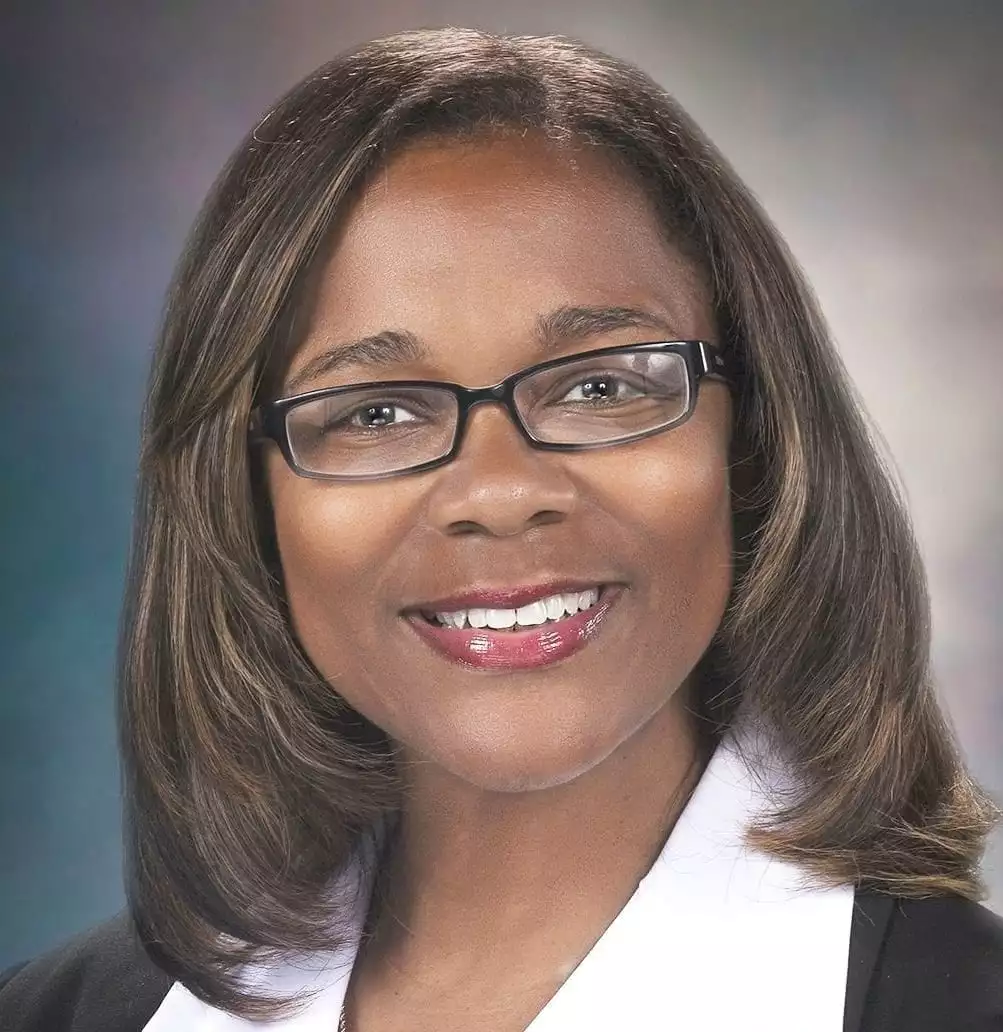

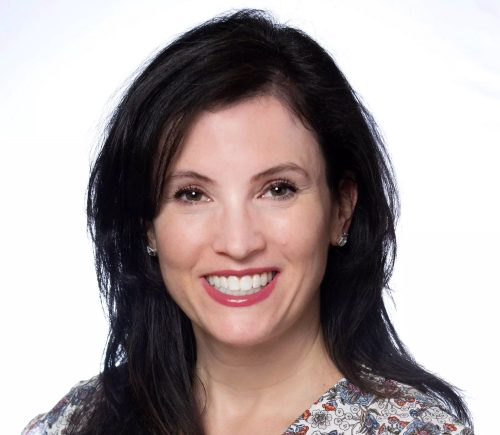

Dr. Christine Lay is a professor of neurology at the University of Toronto, where she holds the Deborah Ivey Christiani Brill Chair in Neurology, and she is the founding director of the Centre for Headache at Women’s College Hospital. As someone who has lived with migraine most of her life, Dr. Lay understands firsthand the disability of this common brain disorder. Not only does she advocate for her patients, but she also educates trainees and colleagues to better understand and treat migraine. In her position as a board member of the American Headache Society and the Canadian Headache Society, she works tirelessly on a clinical and research level to improve patient care and lessen migraine stigma. She is excited to be part of the American Migraine Foundation and work with AMF leaders to move against migraine.

Nim has 18 years of experience in nonprofit healthcare. She earned her undergraduate degree in Human Services and Health Sciences from Northeastern University and a Masters in Public Health from Hofstra University. Prior to joining Atria, Nim led the American Migraine Foundation and International Headache Society-Global Patient Advocacy Coalition as their Executive Director, where she focused on eliminating stigma, advocating for patients, and engaging with headache specialists to raise awareness of migraine and other headache disorders. During her tenure, Nim was invited to participate in professional conferences, collaborate with the WHO, NIH,CDC, FDA, and public corporations to share best practices, and advocate both internationally and nationally. Nim also serves on the Executive Committee of IHS-GPAC. Before AMF, Nim held leadership and research positions at organizations including the National Kidney Foundation, New York State Health Foundation, New York Academy of Medicine, Young Survival Coalition, and Nassau University Medical Center (now Northwell), where she worked across disease states including HIV/AIDS, diabetes, heart disease, kidney disease, and breast cancer.

Dr. Lawrence Newman is the Director of the Brain Health Program at the Atria Institute in New York City and a Professor of Neurology at the NYU Grossman School of Medicine. As someone who has experienced chronic migraine himself, he knows what his patients are going through. As Chair of the American Migraine Foundation, he worked to eliminate the stigma of migraine, improve patient care, and advocate for people living with migraine. Dr. Newman believes proper diagnosis, treatment, and education make up the cornerstone of migraine therapy, but thinks current therapies are lacking. He hopes to help with advocacy and education not just of patients, but also the general public, to eliminate stigma and ultimately increase funding and find a cure for what is a highly prevalent, disabling disease.
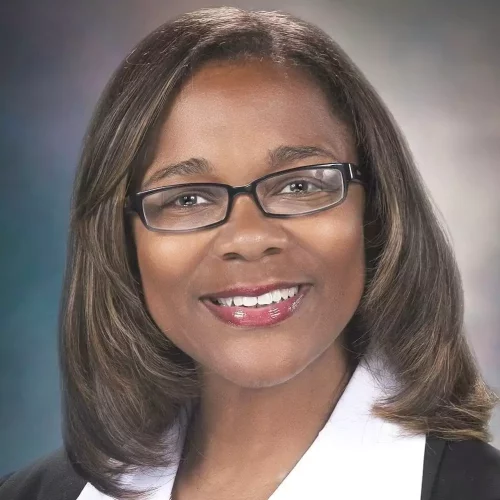
Royce Warrick is Sr. VP, General Counsel, Corporate Secretary and Chief Compliance Officer for Solenis. She is responsible for the multinational’s legal, IP, data privacy, compliance, governance affairs and EHS/product regulatory/quality functions. Warrick is a member of Solenis’ Executive Committee and Global Leadership Team. Prior to joining Solenis in 2014, Warrick served as Assistant General Counsel and Global Corporate Legal Director overseeing legal affairs of strategic business units at The Dow Chemical Company and Rohm and Haas Company. Beginning her legal career as a litigation attorney, she later expanded her experience to include business law, ethics and compliance, M&A, antitrust, employment law, IT and corporate secretarial/governance. Warrick holds a bachelor’s degree from Duke University and a Juris Doctor degree from Villanova University Charles Widger School of Law. Warrick is on the Advisory Council of Villanova University’s Anne Welsh McNulty Institute for Women’s Leadership, and is a member of the Forum of Executive Women, the Delaware Sustainable Chemistry Alliance Advisory Board, the Duke University Alumni Admissions Advisory Committee and the GA Tech Parents Board. She is executive sponsor of the Women’s International Network of Solenis, a founding leader of her church’s College Prep Ministry, and a founder and trustee of the Roy Blair Paige Foundation, a non-profit organization, the mission of which is to enrich the development of servant-leader youth committed to community-uplift. Warrick is a former board member of the STEM-focused Invent Now Kids® organization, a subsidiary of the National Inventors Hall of Fame Foundation commissioned by the U.S. Patent and Trademark Office. Warrick is a member of the Pennsylvania, New Jersey and Delaware bars. She is married and has three daughters.

Dr. David Dodick is Chief Advisor of Research and Scientific Development at the American Migraine Foundation. He is Chief Medical Officer of Atria Health, and Chief Science Officer and Co-Chair at Atria Academy of Science & Medicine. He is also professor Emeritus at the Mayo Clinic, Consultant for Mayo Clinic Global, Guest Professor at the Norwegian University of Science and Technology and Affiliate Professor at the University of Copenhagen. Dr. Dodick currently chairs the American Brain Foundation. In addition, Dr. Dodick serves as Co-Chair of World Brain Day for Brain Health on behalf of the World Federation of Neurology. He is Past Chair of the American Migraine Foundation, Past-President of the American Headache Society, Past President of the International Headache Society, Co-Founder and Chair of the International Concussion Society, and past Editor-in-Chief of Cephalalgia. He has authored/edited 13 books, more than 900 peer-reviewed abstracts and manuscripts, and delivered more than 500 lectures in more than 40 countries.

Rachel received a BS in Communications from the University of Massachusetts Amherst and an MBA from Babson College. She led a successful career in information technology leadership spanning over 20 years. Rachel has lived with two “invisible” chronic diseases which has prompted her to commit herself to embrace patient advocacy. Her acquired experience navigating politics, leading initiatives, and implementing programs across the complexities of global corporate organizations drives her unique perspective in creating patient-focused solutions. Rachel is the Treasurer for the AMF, a voting member of its Governance Committee, and an Administrator and Moderator in the Move Against Migraine Support Group. Further, she was an active Executive Committee Member with the Global Patient Advocacy Coalition (GPAC, 2018- 2024).
Rachel has provided patient testimonials to the American Headache Society, ICER, MigraineAgain, Migraine World Summit, National Headache Foundation, US Pain Foundation, and multiple pharmaceutical companies. She has lobbied US Congress in the annual Headache on the Hill event since 2018. She has also been a contributing author on industry white papers and journal articles, including recent publications in Cephalalgia
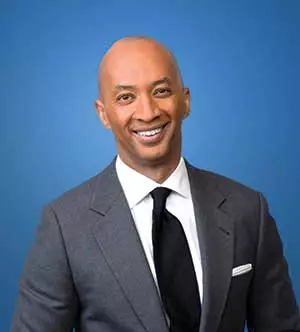
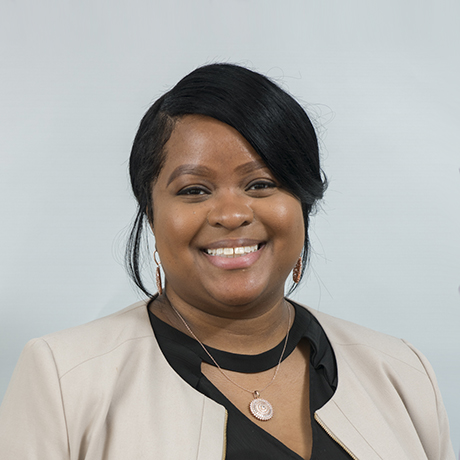

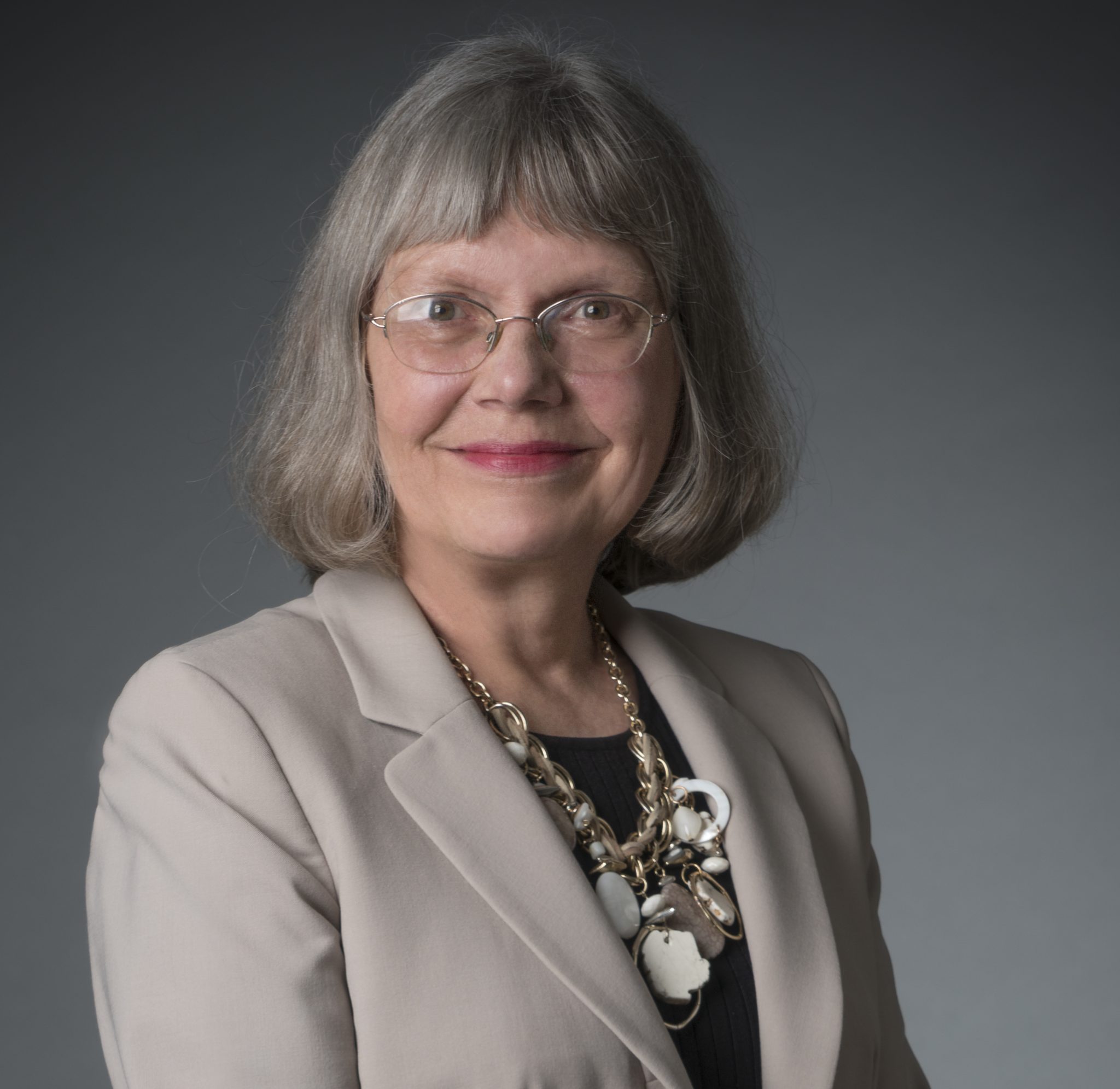




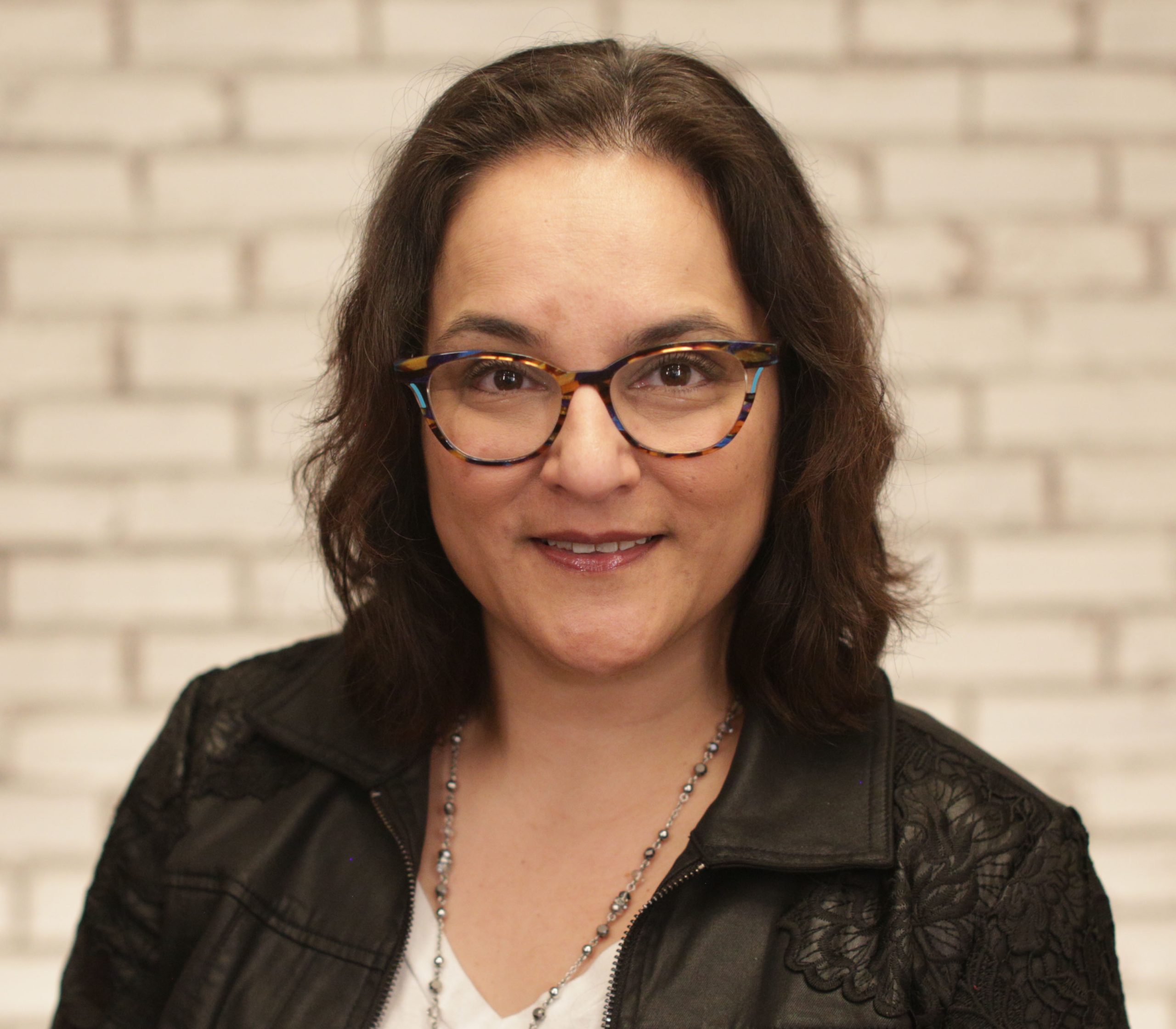

Byron Pitts is an American journalist and author working for ABC News, and current co-anchor for the network’s late night news program, Nightline. Until March 2013, he served as a chief national correspondent for The CBS Evening News and contributed regularly to 60 Minutes. Mr. Pitts is a person living with cluster headache.

Andrea Harriott, MD, PhD is a Neurologist at Massachusetts General Hospital and an Assistant Professor at Harvard Medical School. Dr. Harriott has dual subspecialty training in Vascular Neurology and Headache Medicine, completing two fellowships at Massachusetts General Hospital and The John R. Graham Headache Center. Dr. Harriott’s clinical research interests center on the association between migraine and vascular disease in young women. Dr. Harriott’s basic science research uses an optogenetic technique to elicit the electrical events responsible for migraine aura in rodents as a non-invasive model of episodic and chronic migraine aura to discover sex and gonadal hormone mechanisms of migraine pain and the role of the hypothalamus in mediating sex differences in migraine pathobiology.
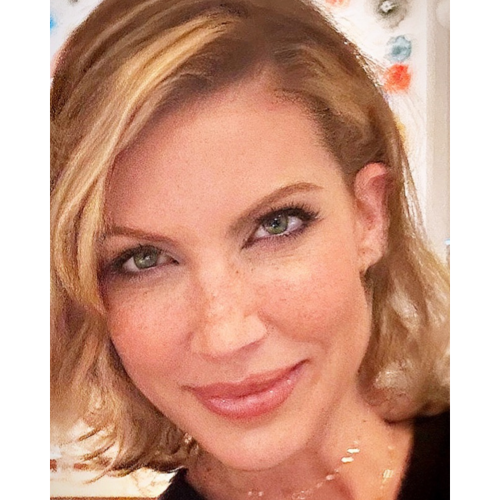
With over 25 years of experience across the luxury skincare, investment, and entertainment industries, Romy James is a recognized leader in global marketing and branding. She has spearheaded successful fundraising initiatives around the world, using her unique blend of analytical expertise—gained through a dual degree in Economics and Mathematics—and creative strategies to connect with diverse audiences. Romy’s passion for film and storytelling, reflects her deep belief in the power of narratives to inspire change, bridge gaps, and connect people across cultures.
Romy’s journey with migraine began at the age of nine, enduring years of debilitating attacks that left her unable to fully participate in life, both personally and professionally. When her eldest daughter was diagnosed with migraine, Romy’s commitment to advocacy deepened, turning her personal mission into a lifelong pursuit to raise awareness, promote research, and support those affected by this often misunderstood and isolating neurological disorder.
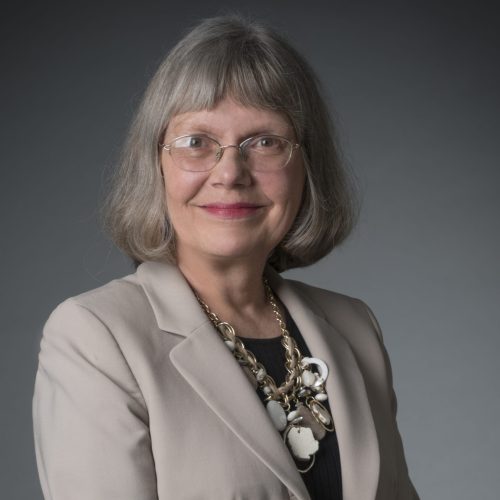
Kathleen Digre is the Distinguished Professor of Neurology and Professor of Ophthalmology and Adjunct Professor of Obstetrics and Gynecology at the University of Utah School Of Medicine. Dr. Digre was the president of the North American Neuro-ophthalmology and the American Headache Society. Dr. Digre sits on the editorial board for the Journal of Neuro-ophthalmology. She has over 200 publications and has co-authored several textbooks. Honors include: Phi Beta Kappa, Alpha Omega Alpha, ELAM, Gender Equity Award, The Distinguished Service Award from NANOS, the Linda K Amos Distinguished Service to Women Award, the Martha Hughes Cannon Award, the Rosenblatt Award, an honorary doctorate from the University of Zurich, Lifetime Achievement in Headache Medicine Award, Distinguished Alumna award from the University of Iowa and Augustana University.

Richard B. Lipton, M.D., is the Edwin S. Lowe Professor and Vice Chair of Neurology, Professor of Epidemiology and of Psychiatry and Behavioral Sciences at the Albert Einstein College of Medicine, where he also directs the Montefiore Headache Center. Dr. Lipton’s headache research focuses on the epidemiology of migraine and on clinical trials. His epidemiologic studies have evaluated risk factors for headache onset and progression, comorbidities, and barriers to care. He is a six-time winner of the H.G. Wolff Award and a two-time winner of the Greppi Award for excellence in headache research. He is a Past-President of the AHS.
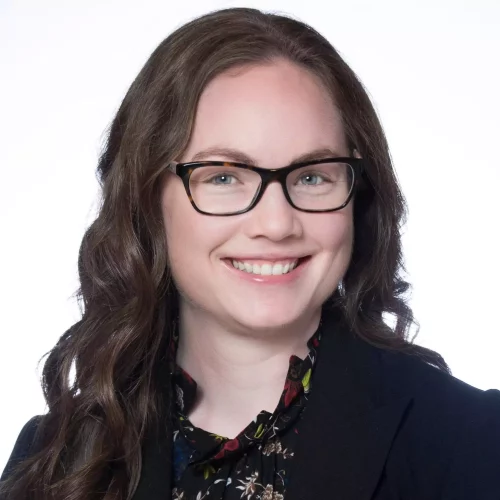
Dr. Claire Sandoe is an Assistant Professor of Medicine (Neurology) at the University of Toronto and a headache neurologist at the Women’s College Hospital Centre for Headache. She serves on the board of the Canadian Headache Society, the Education Committees of the International Headache Society and the American Headache Society, and is co-chair of the Canadian Headache Society National Neurology Resident Headache Course as well as the American Headache Society’s Mastering Migraine Therapies program. She is passionate about improving awareness, understanding, and treatment options for people living with migraine, and hopes to help work towards a more migraine-friendly world.
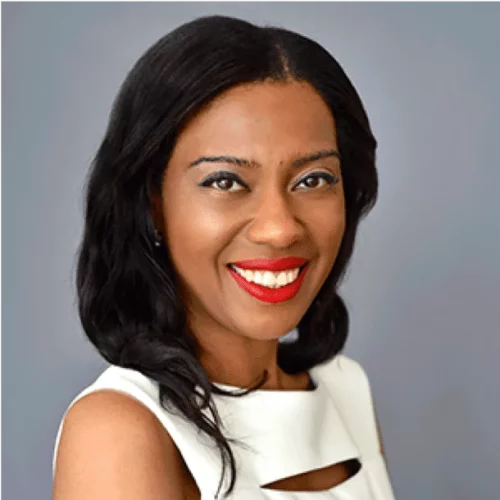
Dr. Teshamae Monteith is a clinical professor of neurology at the University of Miami, Miller School of Medicine. She is the chief of the headache division and program director for the headache medicine fellowship. Dr. Monteith is the current president of the Florida Society of Neurology. She has many leadership and other service roles as co-chair of the American Headache Society Leadership Committee and vice chair of the United Council of Neurologic Subspecialities Examination Committee. She also is the co-chair of the International Headache Society’s (IHS) Membership Committee and was a former member of the International Headache Society Board of Trustees (2021-2023). She was the Topic Chair for Headache from 2021-2024 for the American Academy of Neurology.
Dr. Monteith has published over 100 publications, book chapters, editorials, reviews, and abstracts. She served as an advisor for multiple pharmaceutical industries focused on newer therapies and has been a peer reviewer for several journals and grants. Dr. Monteith has given regional, national, and international
lectures in migraine and other headache disorders. She is involved in editorial work for the American Migraine Foundation, as co-chair of the editorial board, for the journal Cephalalgia and Neurology, and for the American Academy of Neurology’s Brain and Life Magazine. She also serves as an associate editor of the Continuum Audio and is the deputy editor for the Neurology Minute.
Dr. Monteith is a recipient of many awards in advocacy, education, diversity, equity, and inclusion, and research, including the American Headache Society’s Women’s Health Science Award.

Tia Williams had a twenty-year career as a beauty editor at YM, Elle, Glamour, Teen People, Lucky, and Essence; and an executive copywriter at Estee Lauder Companies. In 2004, she pioneered the beauty blog industry with her site Shake Your Beauty. She’s the award-winning author of The Accidental Diva, It Chicks, and The Perfect Find—now a Netflix film starring Gabrielle Union. Her novel, Seven Days in June, was an instant New York Times and USA Today bestseller, and the June 2021 Reese’s Book Club pick. A TV series adaptation is in development with Will Packer Productions. Her latest bestseller, A Love Song for Ricki Wilde, was named one of the year’s best romances by New York Times, Publisher’s Weekly, and Amazon. Her upcoming YA romcom, Audre & Bash are Just Friends, releases in May 2025.
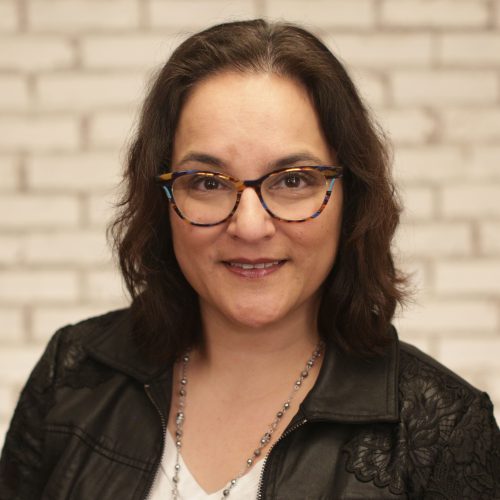
Dr. Pradhan is a Professor of Anesthesiology and Director of the Center for Clinical Pharmacology at Washington University School of Medicine in St. Louis. Her lab investigates novel therapies for migraine, and she identified the delta opioid receptor as a promising target for this disorder. Ongoing studies in her lab are focused on the differential role of opioid receptors in headache. Additionally, the lab focuses on identifying the molecular mechanisms that contribute to migraine chronicity, as well as overlapping mechanisms between migraine and neuropsychiatric conditions.
Our Editorial Board consists of headache specialists, neurologists and doctors leading the way in headache medicine research. They are passionate about patient education and help identify new topics and research that would be of interest to the community.
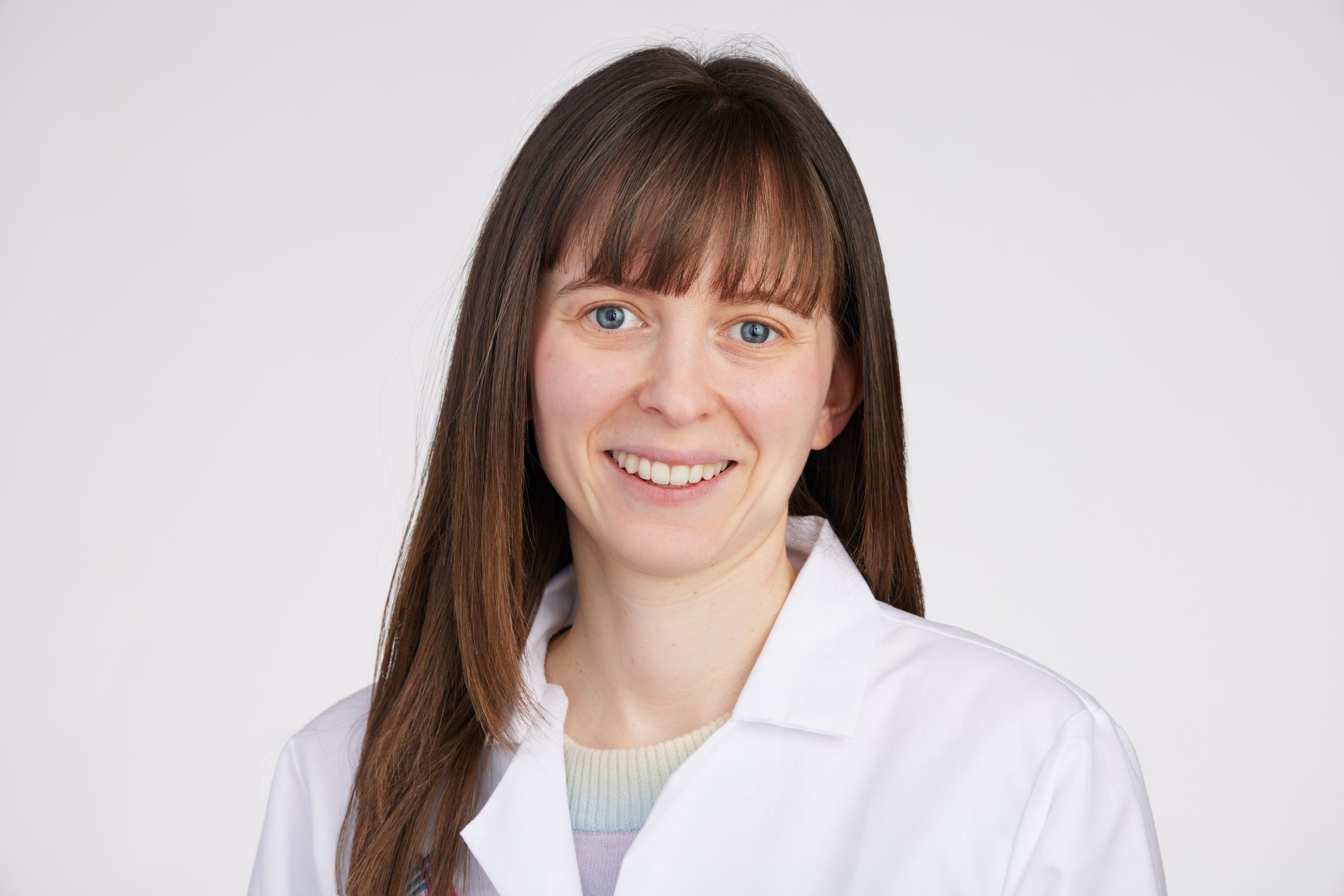
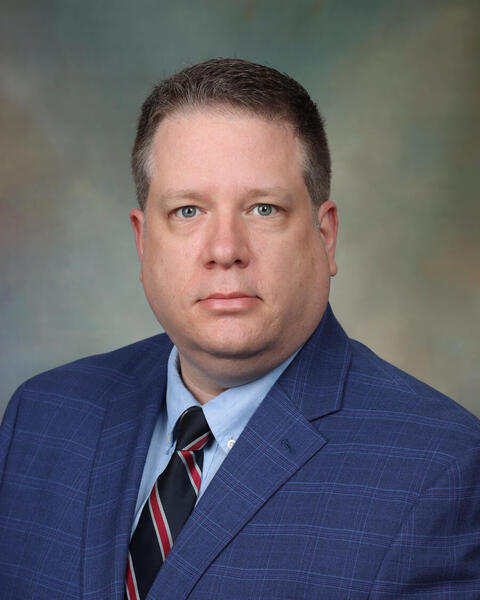




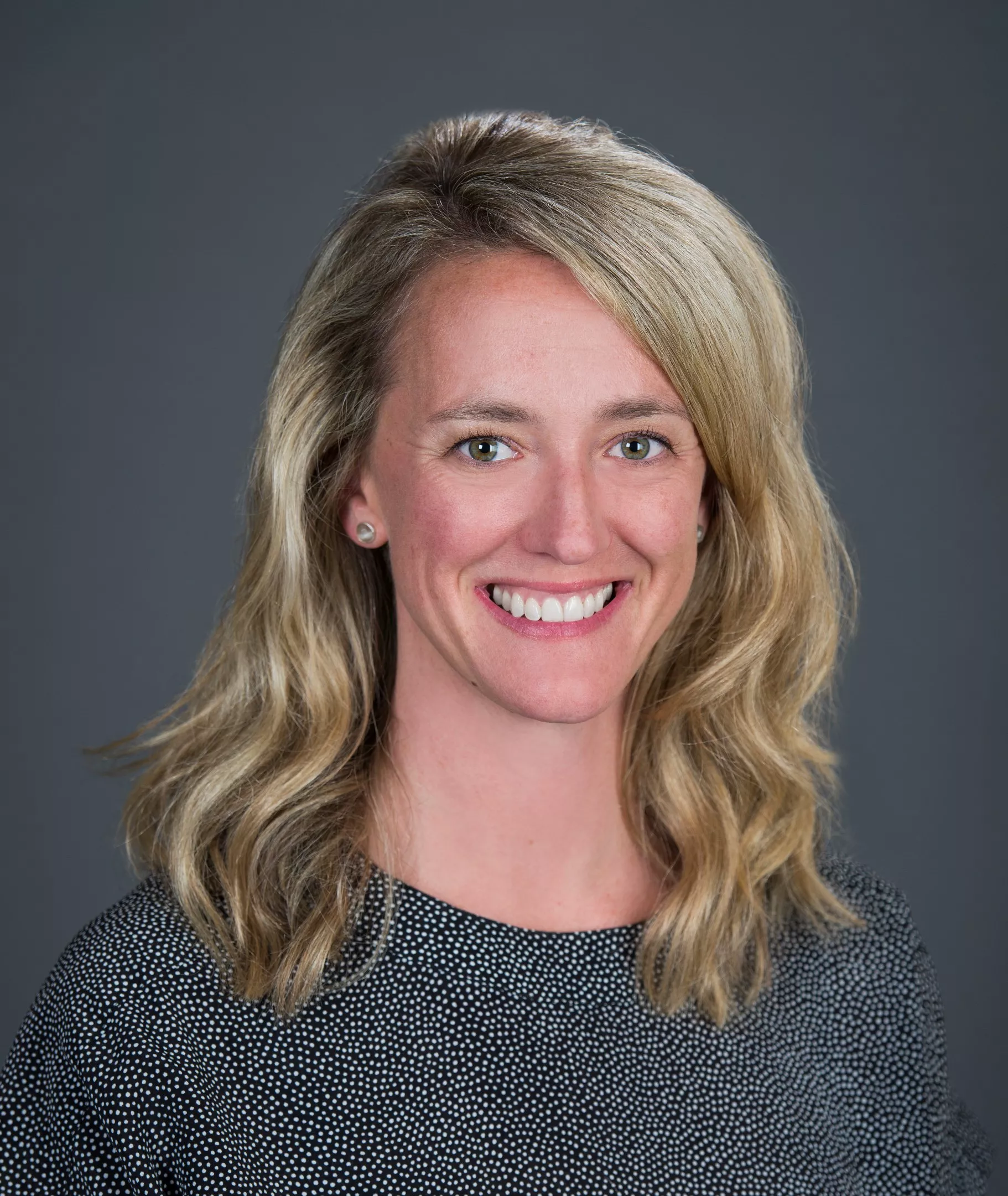
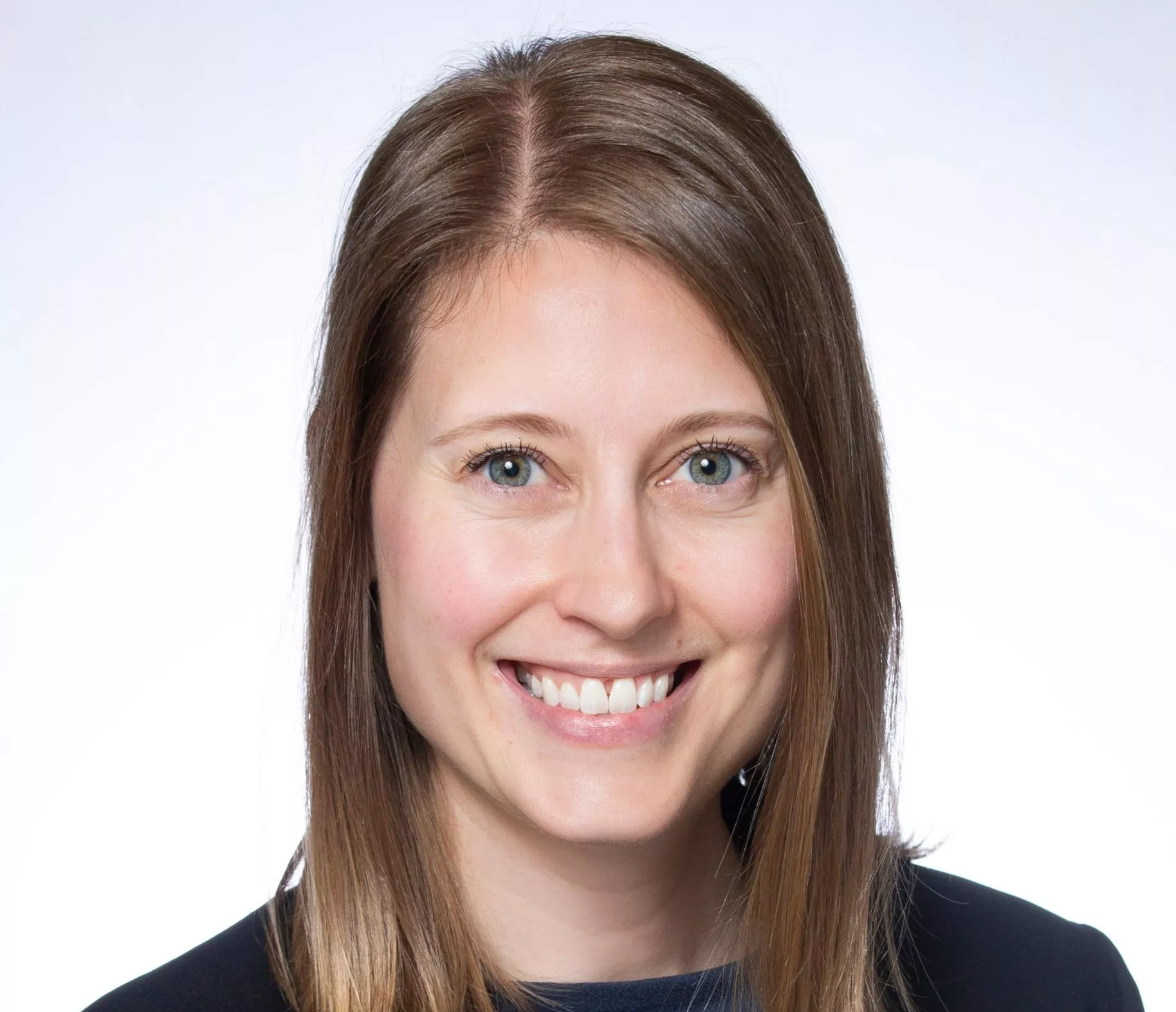
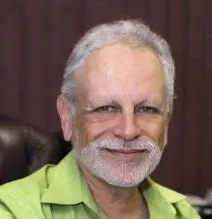
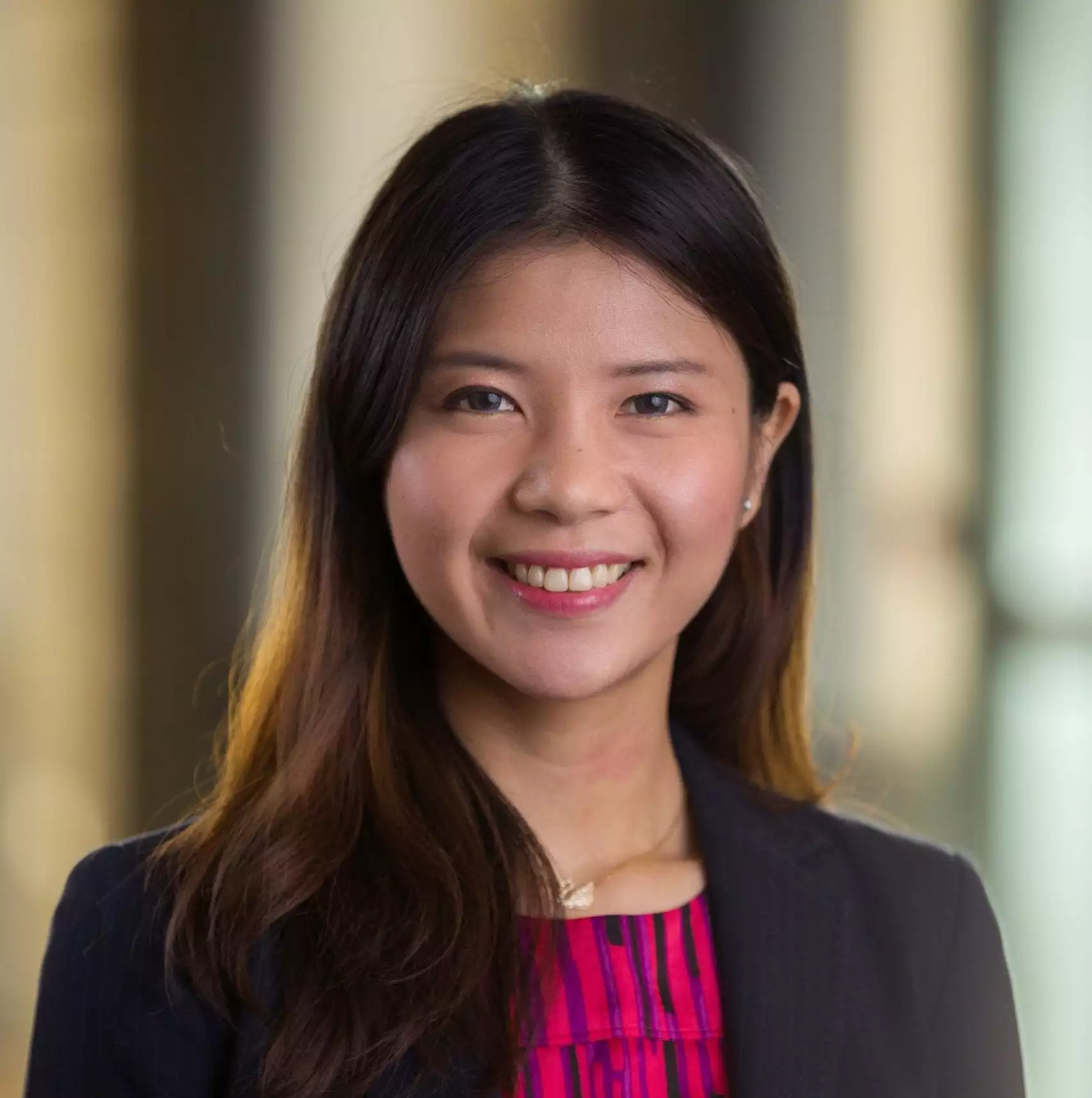
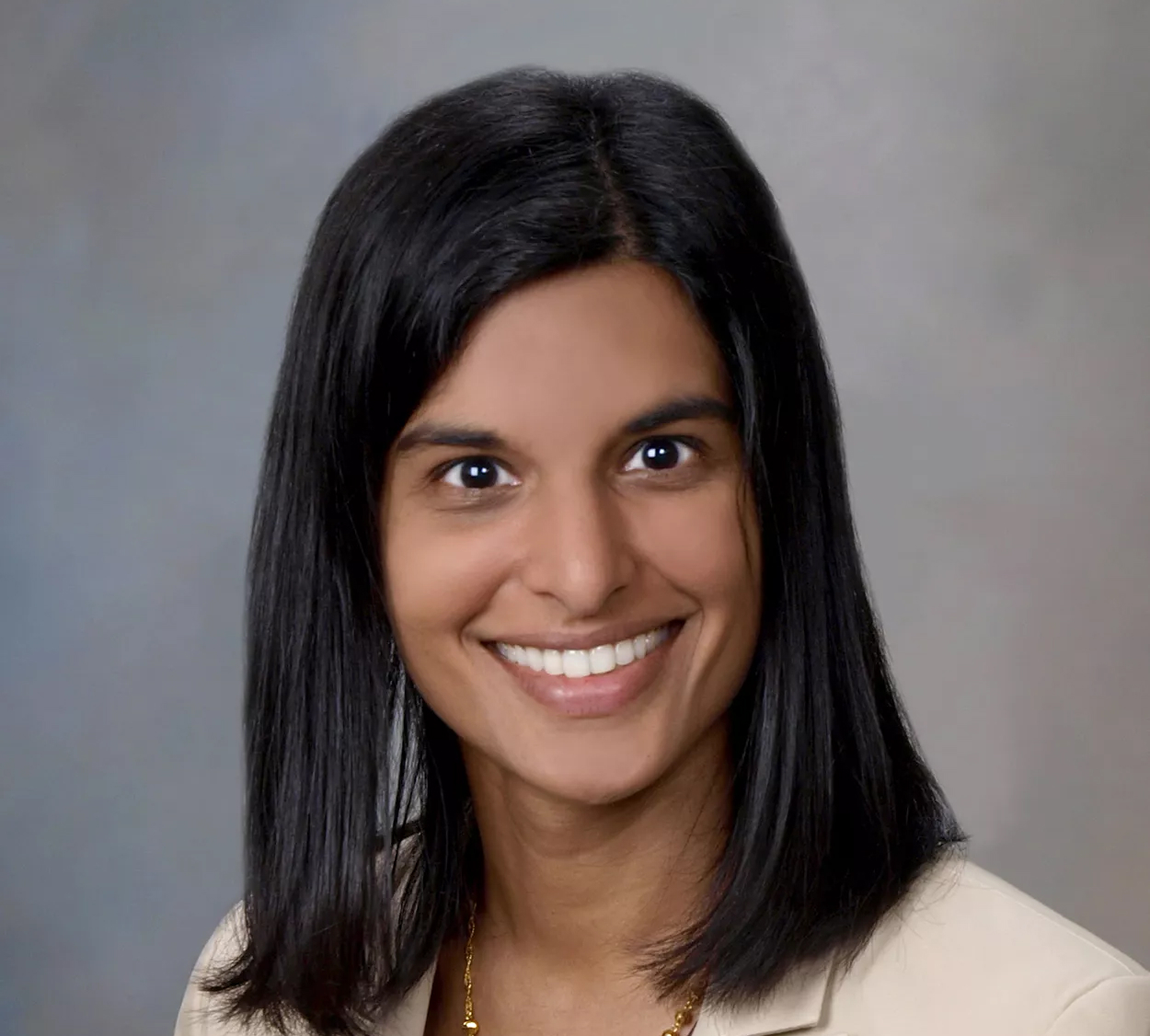
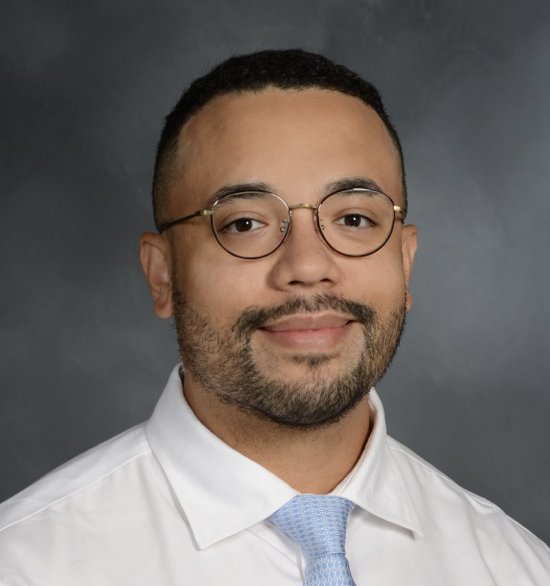
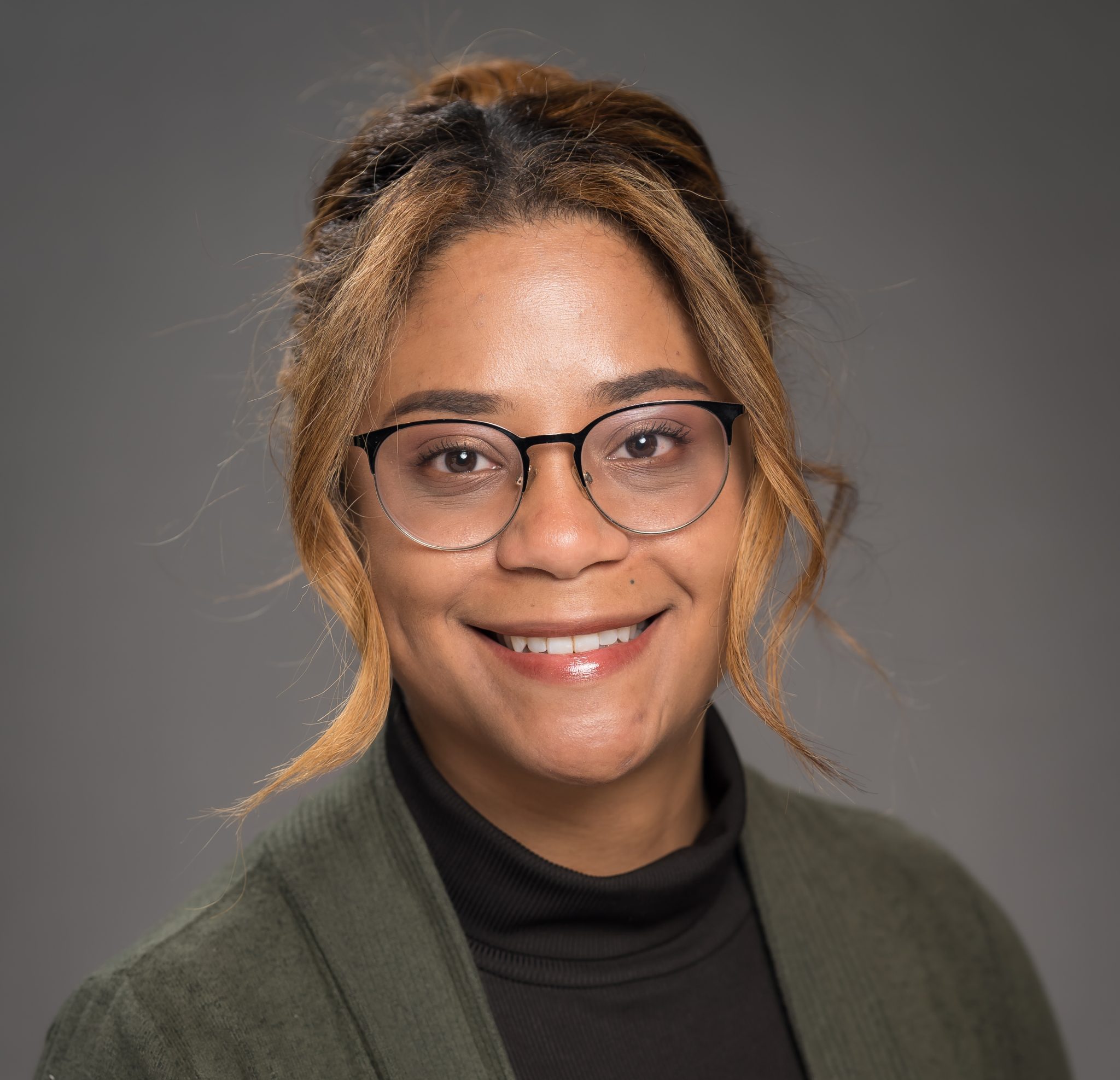
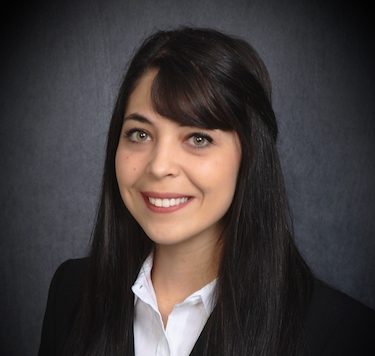


Dr. Alison Thaler is a neurologist at Mount Sinai Hospital in New York City. She completed her residency at the Icahn School of Medicine at Mount Sinai, and both her Headache and Stroke fellowships at NYU Langone Hospital. Dr. Thaler’s interests are in stroke and headache clinical care and specifically in those disorders in which stroke and headache co-exist. She is also passionate about medical education and has recently published her first book, The Only Neurology Book You’ll Ever Need, which is aimed at medical students, neurology residents, and anyone interested and involved in the care of patients with neurologic illness.
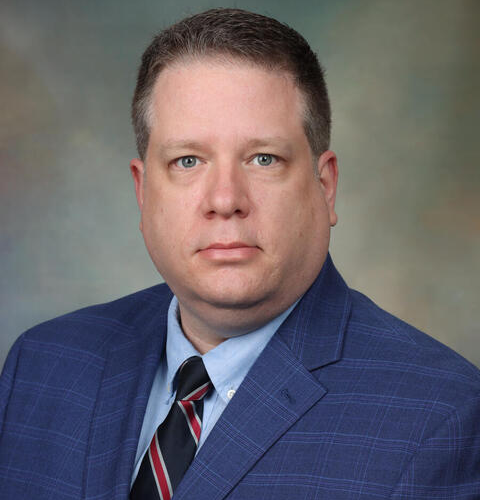
A. Laine Green, MD, FAHS, MSc, FCRPC, is from Halifax Nova Scotia Canada. He completed an undergraduate and graduate degree in synthetic organic chemistry prior to medical school. He completed his Medical School and Neurology residency training at Dalhousie University in Halifax. He completed his headache medicine fellowship with Dr. David Dodick at the Mayo Clinic in Arizona. His first year of fellowship was on the University of Arizona Campus in Tucson in the lab of Dr. Frank Porreca completing a preclinical project in medication overuse and cortical spreading depression. His second year of fellowship was the clinical based year with Dr. Dodick in Scottsdale. After fellowship Laine returned to Halifax and was an Assistant Professor with the Division of Neurology at Dalhousie University for 5 years. He is a headache specialist at Mayo Clinic in Arizona.

Dr. Teshamae Monteith is a clinical professor of neurology at the University of Miami, Miller School of Medicine. She is the chief of the headache division and program director for the headache medicine fellowship. Dr. Monteith is the current president of the Florida Society of Neurology. She has many leadership and other service roles as co-chair of the American Headache Society Leadership Committee and vice chair of the United Council of Neurologic Subspecialities Examination Committee. She also is the co-chair of the International Headache Society’s (IHS) Membership Committee and was a former member of the International Headache Society Board of Trustees (2021-2023). She was the Topic Chair for Headache from 2021-2024 for the American Academy of Neurology.
Dr. Monteith has published over 100 publications, book chapters, editorials, reviews, and abstracts. She served as an advisor for multiple pharmaceutical industries focused on newer therapies and has been a peer reviewer for several journals and grants. Dr. Monteith has given regional, national, and international
lectures in migraine and other headache disorders. She is involved in editorial work for the American Migraine Foundation, as co-chair of the editorial board, for the journal Cephalalgia and Neurology, and for the American Academy of Neurology’s Brain and Life Magazine. She also serves as an associate editor of the Continuum Audio and is the deputy editor for the Neurology Minute.
Dr. Monteith is a recipient of many awards in advocacy, education, diversity, equity, and inclusion, and research, including the American Headache Society’s Women’s Health Science Award.

Joshua Lai, MD, FRCPC, completed his medical degree, Neurology residency, and additional headache training at the University of British Columbia. He is a member of the Canadian Neurological Sciences Federation, the Canadian Headache Society, and the American Headache Society. He has presented at international headache conferences including the International Headache Academy, iHEAD meeting, and International Headache Society meeting. His current research in collaboration with the Stroke Prevention Clinic at Vancouver General Hospital focuses on patients with persistent headaches after stroke. Dr. Lai works with patients with headache and general neurological disorders in private practice and at Vancouver General Hospital.

Dr. Claire Sandoe is an Assistant Professor of Medicine (Neurology) at the University of Toronto and a headache neurologist at the Women’s College Hospital Centre for Headache. She serves on the board of the Canadian Headache Society, the Education Committees of the International Headache Society and the American Headache Society, and is co-chair of the Canadian Headache Society National Neurology Resident Headache Course as well as the American Headache Society’s Mastering Migraine Therapies program. She is passionate about improving awareness, understanding, and treatment options for people living with migraine, and hopes to help work towards a more migraine-friendly world.

Steven M. Baskin, PhD, MSCP, MP, is co-director of behavioral medicine services at The New England Institute for Neurology and Headache in Stamford, CT and is an attending psychologist at Greenwich Hospital of Yale-New Haven Health. He also has a private practice in clinical psychology and clinical neuropsychology. He is a medical psychologist (prescribing psychologist) at Crescent City Headache and Neurology in New Orleans. He is a current member of the board of directors of the Headache Cooperative of New England (HCNE) and is the educational director for the annual HCNE Scientific Meeting at Stowe. He is a past board member of the American Headache Society and a past Associate Editor of the journal Headache®. He is a past president of the Association for Applied Psychophysiology and Biofeedback (AAPB). He lectures frequently at national and international meetings and has published extensively on primary headache disorders, most recently on comorbid psychiatric factors that may chronify migraine and complicate treatment.
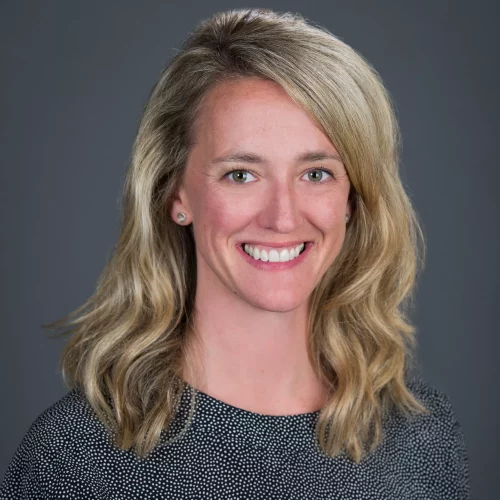
Kaitlin Greene, MD, is a pediatric neurologist specializing in caring for children and adolescents with headache. She is the director of the Child and Adolescent Headache Program at Doernbecher Children’s Hospital at Oregon Health & Science University in Portland, OR, where she is an assistant professor in the Department of Pediatrics. She is an active member of the American Headache Society.

Serena Orr, MD, FAHS, MSc, is a pediatric neurologist with a subspecialty in headache medicine and the director of the pediatric headache program at the Alberta Children’s Hospital in Calgary, Alberta, Canada. She has a strong interest in clinical research and is particularly interested in the acute treatment of migraine and the relationship between internalizing symptoms and migraine in children and adolescents.

Ira Turner, MD, is a board certified neurologist whose main areas of expertise include migraine and headache. With over 50 years of experience in the medical field, he is dedicated to sharing his extensive knowledge as a speaker for physician conferences, teleconferences and patient events. In addition to the American Migraine Foundation, he is also involved in the American Academy of Neurology, American Headache Society, International Headache Society, American Council for Headache Education and National Headache Foundation.
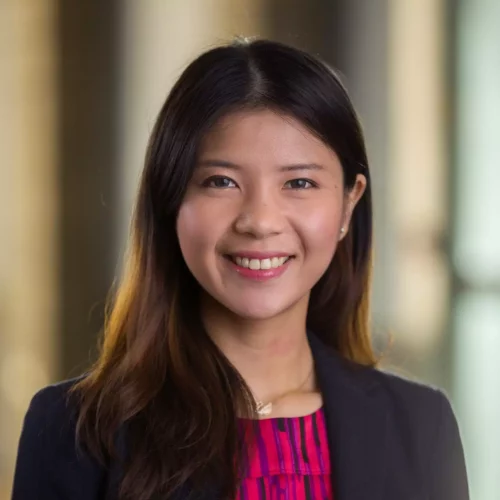
Chia-Chun Chiang, MD, is a Consultant, Assistant Professor of Neurology at Mayo Clinic in Rochester, MN. She graduated from Neurology Residency and Headache Fellowship at Mayo Clinic Arizona where she received the Manfred D. Muenter Award for excellence in clinical neurology. Additionally, she also completed a Vascular Neurology fellowship at University of California, San Diego. She received her medical degree from National Yang-Ming University in Taipei, Taiwan. Dr. Chiang’s clinical and research interest is the association between cerebrovascular disorders and headaches, and to employ various big data approaches to study clinical and research questions. Dr. Chiang has received many awards including the Early Career Award, Frontiers in Headache Research Scholarship Award, and Emergeng Leaders Program Scholarship Award by the American Headache Society. Dr. Chiang has conducted multiple research projects in headache medicine and vascular neurology and has published in reputed journals including Cephalalgia, Headache, and The Lancet Neurology.
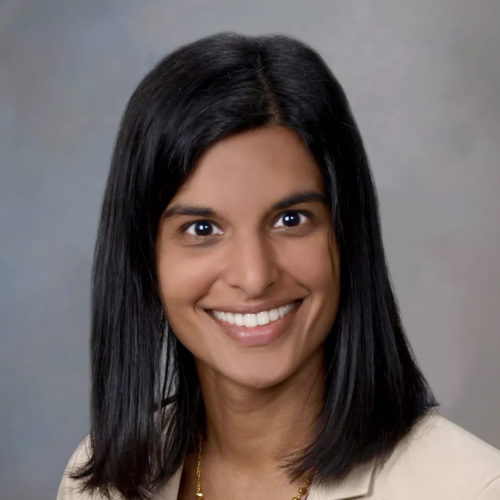
Rashmi Halker Singh, MD, FAHS, FAAN, is an Associate Professor of Neurology at Mayo Clinic, where she also serves as the headache medicine fellowship program director, neuroscience block faculty member at Mayo Medical School, and the co-director of the Mayo Clinic Headache Symposium. She graduated magna cum laude from the University of Pennsylvania with a degree in neuroscience before attending medical school at Wayne State University in Detroit. She then completed both her neurology residency and headache medicine fellowship at Mayo Clinic in Arizona before joining faculty.
At the American Academy of Neurology, Dr. Halker Singh is the Chair of the Headache and Face Pain Section and has severed as course director, faculty member, and plenary speaker at the annual meetings. At the American Headache Society, she is co-director of the REACH program, past Chair of the Women’s Health Special Interest Group, current Chair of the Women’s Leadership Development Subcommittee, co-director of the Scottsdale Headache Symposium annual meeting, a member of several committees, as well as a member of the Board of Directors. She is also the Deputy Editor of the Headache Journal, the Online and Social Media Editor for the Headache Journal, and is an Editorial Board Member of the American Migraine Foundation.
She has been an invited speaker to many international, national, and regional meetings, and has numerous peer-reviewed publications, book chapters, and abstracts related to her fields of interest which include migraine, women and headache, telemedicine, medical education, as well as diversity, equity, and inclusion.
Her many honors include the American Headache Society Above and Beyond Award for Service, Outstanding Course Director at Mayo Clinic, Top Faculty Members Award by Mayo Clinic School of Continuous Professional Development, Emerging Leaders Award by the American Headache Society, Mayo Clinic Commitment Against Racism Grant Recipient, and the Mayo Brothers Distinguished Fellowship Award.
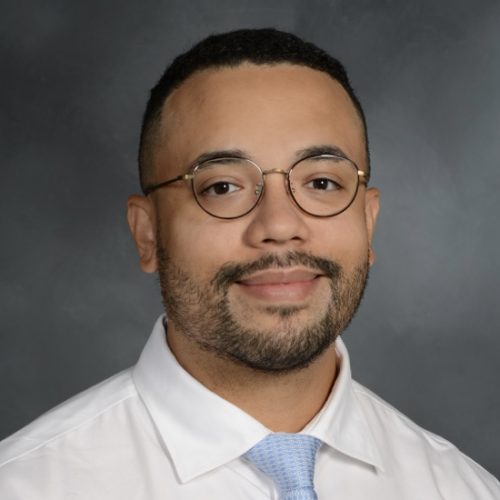
Dr. Moises Dominguez was born in the Dominican Republic and was raised in the Bronx and Harlem after his family migrated to the United States. He completed his undergraduate education at the City College of New York, graduating summa cum laude in biology. Afterward, he obtained his medical degree from Yale University School of Medicine. During his time at Yale, he completed his thesis in undergraduate medical education in Neurology. He returned to New York to complete his neurology residency at New York-Presbyterian Hospital (Weill Cornell campus), where he was chief resident, received the neurology resident teaching award, and conducted medical education research projects. He also completed his headache medicine fellowship training at New York University Langone Health. He is currently at Weill Cornell Neurology as an Assistant Professor of Clinical Neurology and headache specialist. He is deeply committed to medical education and exploring cutting-edge approaches to enhance learning in neurology and headache medicine. Additionally, he has a strong interest in innovative methods of treating migraine and other headache disorders, including pharmacological, procedural, and device-based modalities.
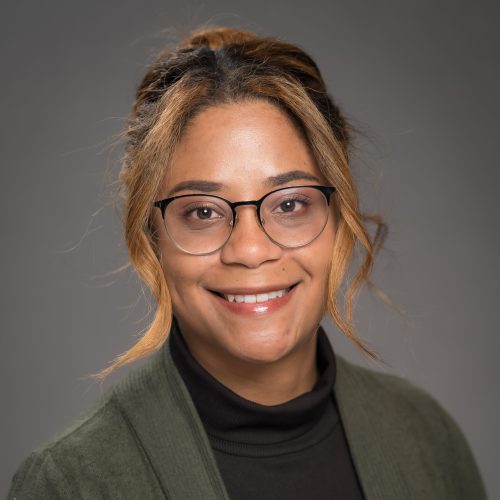
Dr. Shayna Sanguinetti was born in New York but raised in Stone Mountain, Georgia. She completed her undergraduate degree with the Macaulay Honors College at the City College of New York. She then went on to complete her master’s degree in neuroscience at City College. She was part of the inaugural class of the Donald and Barbara Zucker School of Medicine at Hofstra Northwell. She completed her internship and neurology residency at Hofstra Northwell North Shore University Hospital serving as chief resident her final year and receiving an award for Excellence in Stroke Care. After graduation, she became a neurohospitalist at North Shore University Hospital and LIJ Medical Center and the Assistant Program Director for the residency program. During that time she also served on the Library and Informatics Committee and as a mentor for the Underrepresented Minorities in Medicine Program with the Zucker School of Medicine. She completed her Headache Medicine fellowship at New York University Langone Health and is currently working at Northwell Health as a headache specialist and the Director of the Division of headache for the Eastern Region. Her goal is to spread awareness of headache conditions among underserved peoples and to improve treatment in these communities.

Dana Ionel, DO, is an assistant professor and headache specialist with the Department of Neurology at the University of Kentucky and the Veterans Affairs Medical Center in Lexington, KY. She completed her medical school at Kansas City University of Medicine and Biosciences, followed by her neurology residency and headache fellowship at the University of Kentucky. During residency, she served as Clinical Chief Resident and was also the recipient of the Excellence in Clinical Care award by the program. She currently serves as the Site Director for the Headache Center of Excellence at the Lexington VA. She was a participant in the Palatucci Advocacy Leadership Forum through the American Academy of Neurology, where she gained skills to improve her advocacy efforts for veterans living with headache disorders. In her free time, she enjoys cross stitching, playing board games with friends, and spending time with her family.

Dr. Candice Todd MD, MSc, FRCPC is a general neurologist and a headache medicine specialist at the Scarborough Health Network and Women’s College Hospital in Toronto, Canada. She holds a lecturer position within the department of medicine at the University of Toronto.
Dr. Todd graduated from the University of Guelph in biological sciences, and she completed her masters in physiology and pharmacology at McMaster University. She then went on to medical school at Ross University, her neurology residency at the University of Toronto and then a headache medicine fellowship at the Women’s College Centre for Headache.
She is also on the fellowship committee for the Canadian Headache Society.
Dr. Todd is interested in Women’s Issues in Neurology specifically pregnancy and perimenopause and their impacts on headache. She is also interested at looking at gender and racial disparities in neurological diseases and has published on these issues.

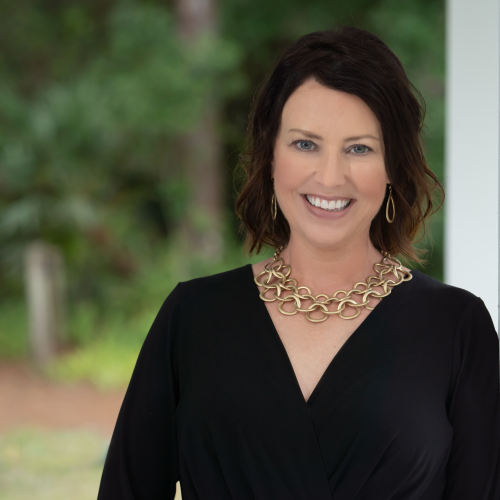
Carrie Howell has built an extensive career in the nonprofit sector, starting as the Executive Director of a therapeutic home for teen girls shortly after earning her Master of Arts in Counseling. This initial role sparked her passion for advocacy across behavioral health, healthcare, and environmental initiatives, including a notable period focused on sea turtle conservation.
Carrie’s leadership journey includes serving as the Executive Director of Hospitality House of Charlotte and the Dup15q Alliance, a patient advocacy organization for Dup15q syndrome. She has also excelled as a nonprofit consultant, ultimately becoming the CEO of a consulting firm, and has held various leadership roles on nonprofit boards.
Her contributions have earned her recognition as one of the 50 Most Influential Women in Charlotte, NC, and she is a recipient of the Brava Award from SmartCEO. A Certified Fundraising Professional (CFRE), Carrie credits her success to the mentorship she received along the way. She resides in the suburbs of Charlotte with her son, Finn.

You should not have to deal with migraine—or pregnancy—alone. It’s critical to have a support network of understanding people who can not only check in on you but also empathize with your experience. Read this article to learn about building a support system. Then consider joining our Move Against Migraine support group on Facebook so you can connect with others who live with migraine.
Close this window to continue to the next step in the journey.

Finding people whom you can lean on for support can help lift some of the burden of managing migraine before, during and after pregnancy. Our Move Against Migraine Facebook group is full of mothers with migraine who can offer encouragement and support throughout your journey. Join the community today.
Close this window to continue to the next step in the journey.

We are happy to hear this! Pregnancy can add another complicated layer to your migraine journey, but having a strong support system will make it easier to navigate the ups and downs. You can find additional support from people in your position and those who have already experienced pregnancy with migraine in our Move Against Migraine Facebook group.
Close this window to continue to the next step in the journey.
Already pregnant? Congratulations! Consider taking a moment to learn about the relationship between migraine and hormones. Did you know 50% to 80% of pregnant people with migraine actually experience a reduction in migraine attacks during their pregnancy?

Close this window to continue to the next step in the journey.
Did you know that 20% of women say they avoid pregnancy because of migraine? While migraine thankfully does not affect fertility, it can complicate conversations about family planning and infertility treatments. Learn more about the relationship between migraine and family planning.

Close this window to continue to the next step in the journey.
It’s important to work with your obstetrician and your headache doctor when you have migraine to establish a safe treatment plan. If you’re not already working with a headache doctor, use our Find a Doctor tool to find someone in your area. Plan to discuss the FDA’s safety guide for medication use during pregnancy.

Close this window to continue to the next step in the journey.
Start by reviewing the FDA’s safety guide for medication use during pregnancy. You may also want to learn about lifestyle changes for migraine management as you consider other lifestyle changes you’re making during pregnancy. If you’re only working with your obstetrician at this time, we recommend adding a headache doctor to your team. Use our Find a Doctor tool to find someone in your area.

Close this window to continue to the next step in the journey.

Migraine is a disabling disease that no one should have to go through alone. It’s essential to build a support network of understanding people who can not only check in on you during an attack but also empathize with your experience. Read this article to learn about building a support system. Then consider joining the Move Against Migraine support group on Facebook so you can connect with others who live with migraine.
Close this window to continue to the next step in the journey.

You are not alone. If your support system is lacking, consider joining a support group. Finding a community of people who understand exactly what you’re going through is like being welcomed home after a long, tiring day. Our Move Against Migraine support group is a place for you to connect with others (via Facebook) who live with migraine to exchange stories and find community and support.
Close this window to continue to the next step in the journey.

That’s great news! Having a strong network of people who validate your experience and support you on the good days and bad is so valuable when you live with an invisible illness like migraine. If you’re interested in connecting with more people in the migraine community, we recommend joining our Facebook support group, Move Against Migraine. There, you will find a wonderful community of people who are ready to listen and lift each other up.
Close this window to continue to the next step in the journey.

Mounting evidence suggests there may be a connection between migraine and mental health. Anxiety disorders and depression are two of the most commonly reported mental illnesses among people who are diagnosed with migraine. By learning how migraine and mental health impact one another and ways to manage both, you can improve your quality of life. Learn more about the relationship between migraine and mental health in this AMF webinar.
Close this window to continue to the next step in the journey.

Did you know? In the 2022 Migraine and Mental Health Connection Survey, almost 60% of patients with migraine reported being diagnosed with an anxiety disorder, 50% reported depression and 25% reported PTSD. This correlation suggests that migraine and mental illnesses may be associated with each other. Access this page to find migraine and mental health treatment options and self-care tips you may not have considered.
Close this window to continue to the next step in the journey.

Receiving a formal migraine diagnosis is the first milestone when working with your doctor to identify a personalized and effective treatment plan. Continuing to talk with your doctor throughout the course of your treatment is important for determining the strategies that prove beneficial and those that may not be as effective.
Close this window to continue to the next step in the journey.

As you work with your doctor on next steps, it will be important to maintain access to reliable resources on migraine. We recommend a look at our patient guides, which include useful information including how to talk to your doctor about migraine.
Close this window to continue to the next step in the journey.

Start your search with these complementary and integrative therapies. Then, consider exploring more treatment options with our other free resources.
Close this window to continue to the next step in the journey.

If a doctor has prescribed medication for your chronic migraine and you choose to move forward with that line of treatment, follow instructions carefully. It is crucial to take medications at the recommended times to ensure maximum effectiveness. Additionally, it is important to communicate with your doctor if you experience any adverse effects or if the medication does not seem to be working as expected.
Close this window to continue to the next step in the journey.

Consider joining our Move Against Migraine support group on Facebook so you can connect with others who live with migraine.
Close this window to continue to the next step in the journey.

The Migraine Advocacy Hub is live on our website! The American Migraine Foundation has created a Migraine Advocacy Hub, a central location for migraine advocacy resources and opportunities to connect with others to mobilize against migraine in your community. Explore the Migraine Advocacy Hub here.
Close this window to continue to the next step in the journey.
Lorem ipsum dolor sit amet, consectetur adipiscing elit. Ut elit tellus, luctus nec ullamcorper mattis, pulvinar dapibus leo.
Close this window to continue to the next step in the journey.

It’s important to stay updated on the latest migraine research and treatment strategies. The American Migraine Foundation Resource Library provides a wealth of articles designed to assist you in understanding your symptoms and treatment options.
Close this window to continue to the next step in the journey.

Alternative migraine therapies can work alongside traditional treatments to reduce migraine attack frequency and lessen the impact of symptoms. Learn about common alternative treatments.
Close this window to continue to the next step in the journey.

You might have tried some alternative therapies, but did you know about these complementary and integrative treatments? They may be worth exploring. For more information on alternative migraine treatments, visit our Resource Library.
Close this window to continue to the next step in the journey.

Whether you have lived with migraine for a few months or a few decades, you know migraine can be a challenging experience. You should continue to seek proper medical attention and access information to help alleviate the burden.
Close this window to continue to the next step in the journey.

We recommend exploring complementary treatments such as biofeedback, green light therapy and aerobic exercise. Learn how these common therapies can help you manage migraine.
Close this window to continue to the next step in the journey.

Don’t give up on your search to find an integrative treatment that works for you. Here are some alternative therapies to look into. Our Resource Library is another great place to find information on these treatments.
Close this window to continue to the next step in the journey.
As you work with your doctor on next steps, it will be important to maintain access to reliable resources on migraine. We recommend taking a look at our patient guides, which include useful information like how to talk to your doctor about migraine.

Close this window to continue to the next step in the journey.
Treatment options vary, from acute treatment to relieve symptoms to preventive treatment to reduce the number of attacks you experience. There are also behavioral treatment options and lifestyle changes that can help. Learn more on this page.

Close this window to continue to the next step in the journey.
Start here. This Diagnosis & Treatment page walks you through next steps after a diagnosis. You could also search our Resources Library to learn more about symptoms, triggers and treatments.

Close this window to continue to the next step in the journey.
It will be crucial to have access to reliable resources on migraine as you work to manage this disease. The American Migraine Foundation offers extensive resources to help you explore your symptoms and treatment options.
Close this window to continue to the next step in the journey.

It may be worth considering some treatment options to help you manage your symptoms. Here are 5 common alternative treatments for migraine.
Close this window to continue to the next step in the journey.

There may be some treatments you haven’t tried. Consider these complementary and integrative treatments, and search our Resources Library for more.
Close this window to continue to the next step in the journey.

No matter what you call it—a headache journal, migraine diary, headache tracker—keeping track of your symptoms can be a versatile tool to help better manage your health. It can help you identify patterns over time and help your doctor identify if you are experiencing migraine. Learn more about tracking your symptoms here.
Close this window to continue to the next step in the journey.
This will be helpful in guiding conversations with your doctor about your symptoms. Bring your notes to your next appointment. Here is a guide to having that conversation.

Close this window to continue to the next step in the journey.

Nausea and/or vomiting is just one of many symptoms a person living with migraine might experience. Because migraine is a highly nuanced disease, it is important to learn about all possible symptoms that may appear before, during or after a migraine attack, including less common ones such as aura. You can start with this resource.

Yawning and fatigue are typical symptoms of prodrome, the first phase of a migraine attack. Other symptoms can include food cravings and difficulty concentrating. If you think you may have migraine, these answers to common questions can help you further investigate this possibility with a doctor.

Migraine is a complex disease with a range of symptoms that vary from person to person. Common symptoms such as vertigo and dizziness are also associated with vestibular migraine. Learn more about migraine symptoms in our Frequently Asked Questions to see if you may be living with migraine.

Light sensitivity is a common symptom of migraine (as is sensitivity to sounds or smells), but not everyone who has the disease will experience it. Identify other symptoms of migraine and find answers to Frequently Asked Questions to help you start the conversation about migraine with your primary care provider.

While migraine is a common disease that affects 39 million Americans, no two migraine experiences are the same. Symptoms can vary from light sensitivity and dizziness to food cravings or body chills. Explore these Frequently Asked Questions about migraine symptoms to see if you might be experiencing migraine.

“To ignore the plight of those one might conceivably save is not wisdom—it is indolence. And such a passive stance will not, I fear, take us far upon the path to progress.”
– Final Fantasy XIV

“Maybe you’ve been assigned this mountain to show others it can be moved.”
– UNKNOWN

“I am working my happiness like a full time job.” – Gabrielle Bernstein

“As iron sharpens iron so one person sharpens another.” – Proverbs 27:17

“I am a Registered Nurse who is very passionate about helping others and advocating for the migraine community. I have had migraine with aura since I was in my teens and want to work towards a better future for all.”

“The best decision I ever made was to love myself as I am.”

“Having lived with migraine since age 2, today we are living in an amazing time for advances in migraine treatment. Some of the newer medications don’t work for everyone, but finding relief in my lifetime gives me real hope for current and future generations living with migraine.”

“Advocacy is to reduce healthcare disparities in marginalized communities.”

“When life gives you rain, play in the puddles.” – Winnie the Pooh

“Nobody knows ‘better’ than you. You have always been and continue to be the expert of your own body.”

“Thank yourself for how far you’ve come. Life hasn’t been easy, but you’ve always found the strength to face another day.” – Roger Lee

“If we do not become active partners in crafting the policies that involve and affect our work, it will be done without our insight, reason, and wisdom.”
– Dr. Rita Colwell
